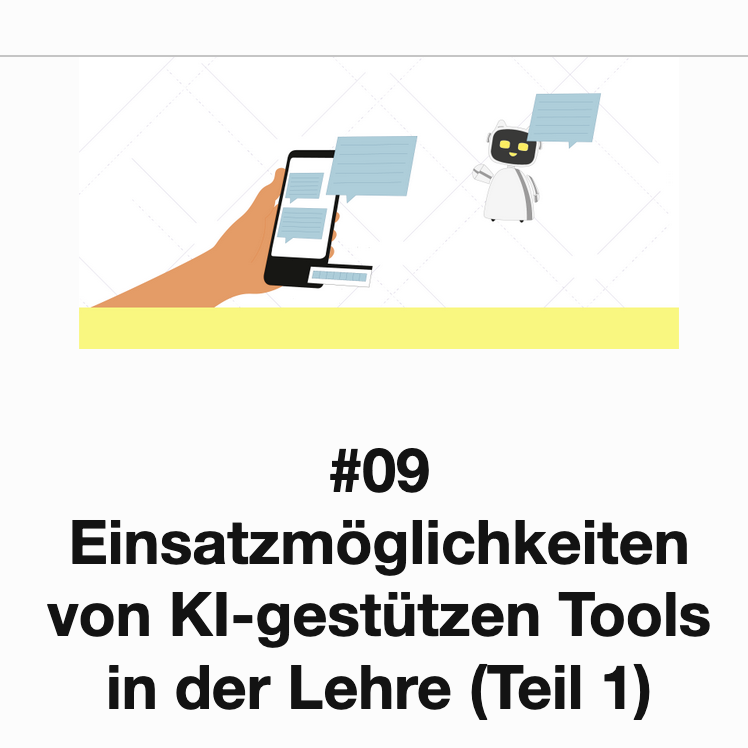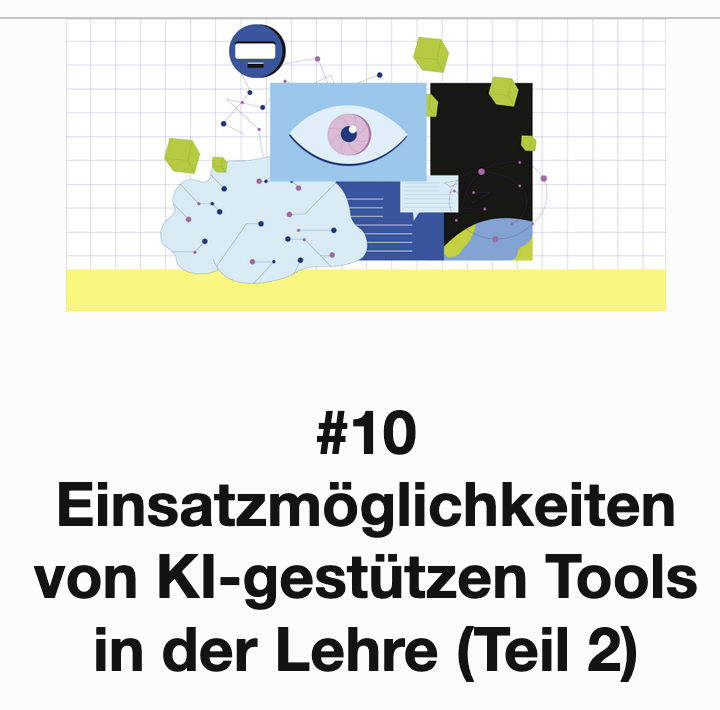
 Der MOOC „Gesellschaftliche Aspekte der Informationstechnologie“ auf iMooX geht nun schon in die fünfte Woche. Diesesmal sind die Experten Rüdiger Wetzl und nochmals Oliver Bendl dran, die uns in ihren Fachbereichen Einblicke geben werden.
Der MOOC „Gesellschaftliche Aspekte der Informationstechnologie“ auf iMooX geht nun schon in die fünfte Woche. Diesesmal sind die Experten Rüdiger Wetzl und nochmals Oliver Bendl dran, die uns in ihren Fachbereichen Einblicke geben werden.
Die Themen, jene der Green IT und Maschinenethik, gehen uns alle an und wir sind eigentlich unmittelbar oder indirekt davon betroffen.
Also unbedingt vorbei schauen und mitdiskutieren – der Einstieg in den MOOC ist ebenso jederzeit möglich.
[Link zum Kurs auf iMooX]







